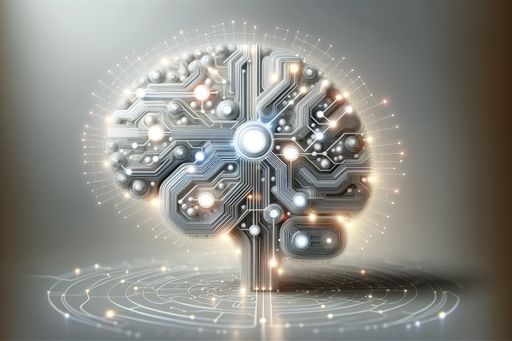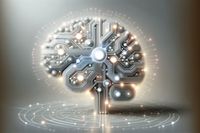AI to Impact 40% of Jobs and Compound Inequality, IMF Warns
A new analysis by the International Monetary Fund (IMF) reveals that artificial intelligence (AI) is projected to affect nearly 40% of all jobs, with potential implications for inequality.

AI's Impact on Jobs and Inequality
According to the IMF's managing director, Kristalina Georgieva, AI is likely to worsen overall inequality in most scenarios. This highlights the need for policymakers to address this issue and prevent AI from further exacerbating social tensions.
In advanced economies, AI is expected to impact around 60% of jobs, with approximately half of these instances leading to increased worker productivity. However, in other cases, AI has the capacity to perform tasks currently done by humans, potentially leading to a decrease in labor demand, lower wages, and even job losses.
On the other hand, the IMF projects that low-income countries will experience the impact of AI on only 26% of jobs. This disparity raises concerns about the potential for AI to widen inequality among nations.
Unequal Distribution of AI Benefits
The IMF analysis also highlights the potential for a disproportionate increase in wages for higher-income and younger workers who adopt AI technology. Conversely, lower-income and older workers may struggle to keep pace with these advancements, further exacerbating income inequality.
To address these challenges, the IMF emphasizes the need for countries to establish comprehensive social safety nets and provide retraining programs for vulnerable workers. These measures aim to ensure a more inclusive transition to AI, safeguard livelihoods, and curb inequality.
Global Discussion on AI at Davos and Regulatory Landscape
As global business and political leaders convene at the World Economic Forum in Davos, Switzerland, AI is a prominent topic of discussion. Recent developments, such as the rise of applications like ChatGPT, have underscored the urgency of addressing the implications of AI technology.
Furthermore, the regulation of AI is gaining momentum worldwide. The European Union recently reached a provisional deal on comprehensive laws to regulate AI use, making it the world's first such legislation. However, the US, UK, and China have yet to publish their own AI guidelines.
The IMF's analysis serves as a timely reminder of the need for responsible and inclusive approaches to AI adoption to ensure long-term societal benefits.



